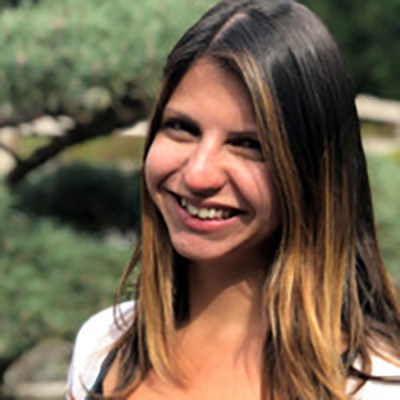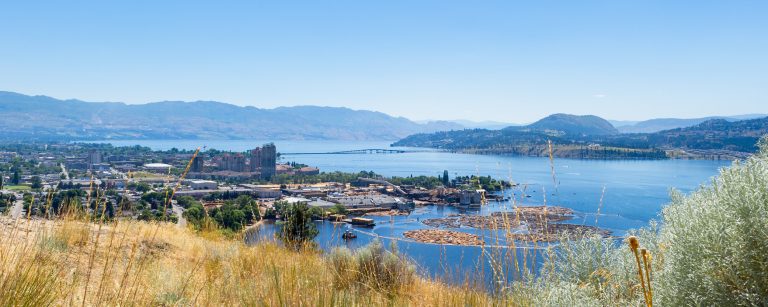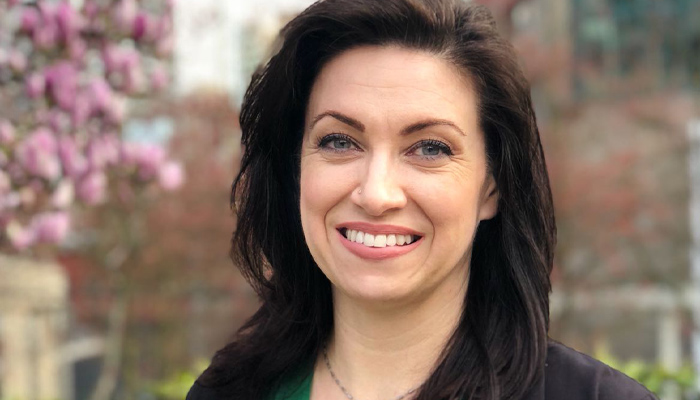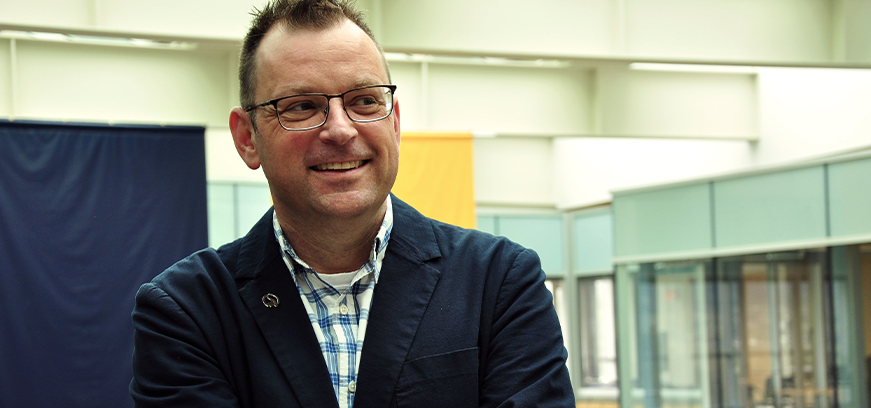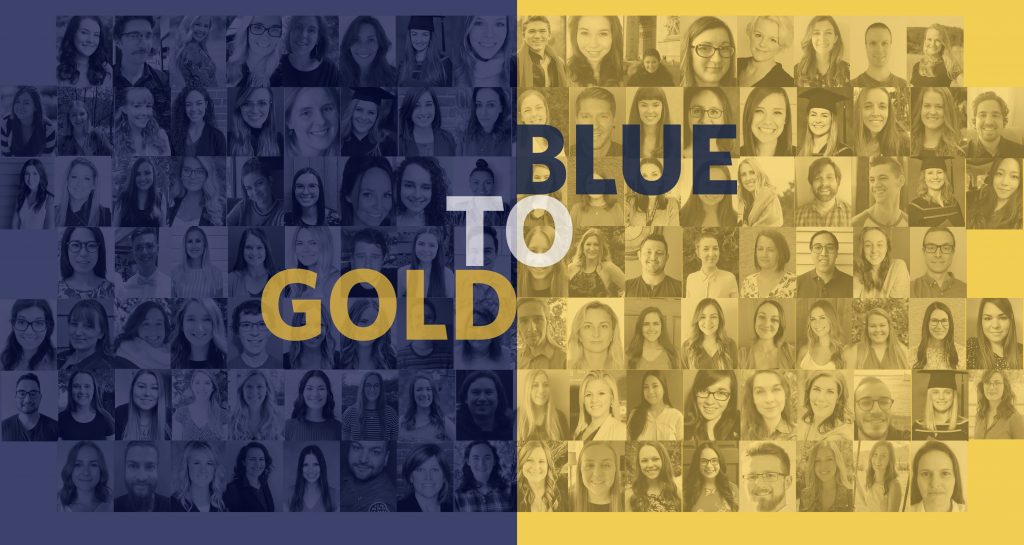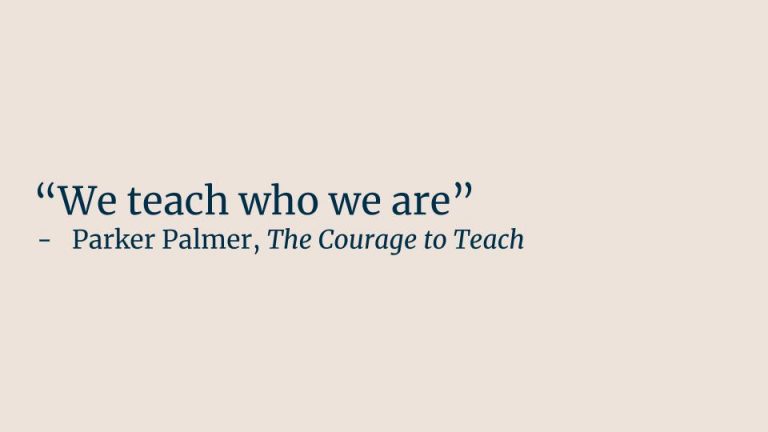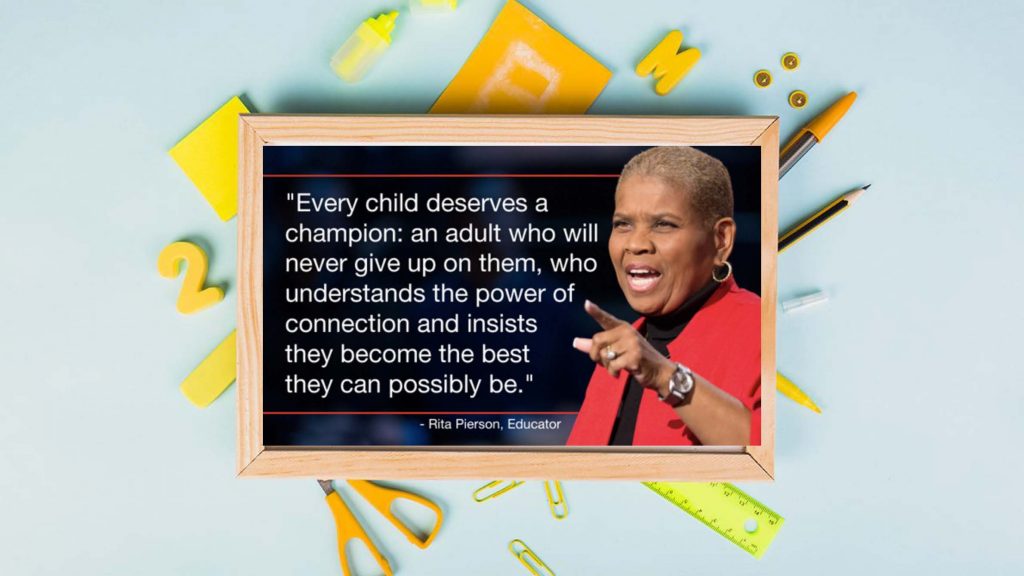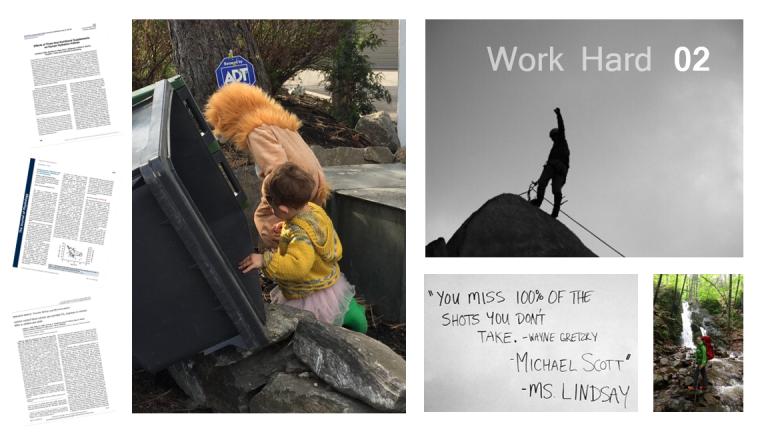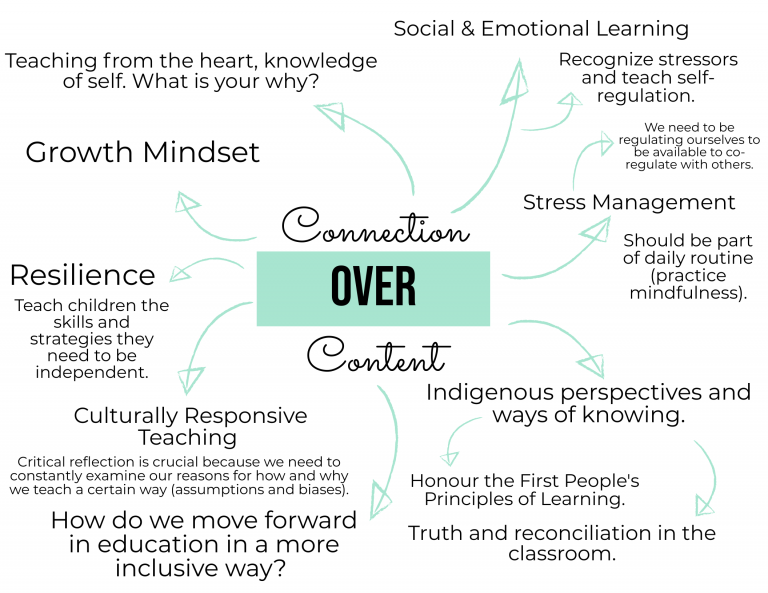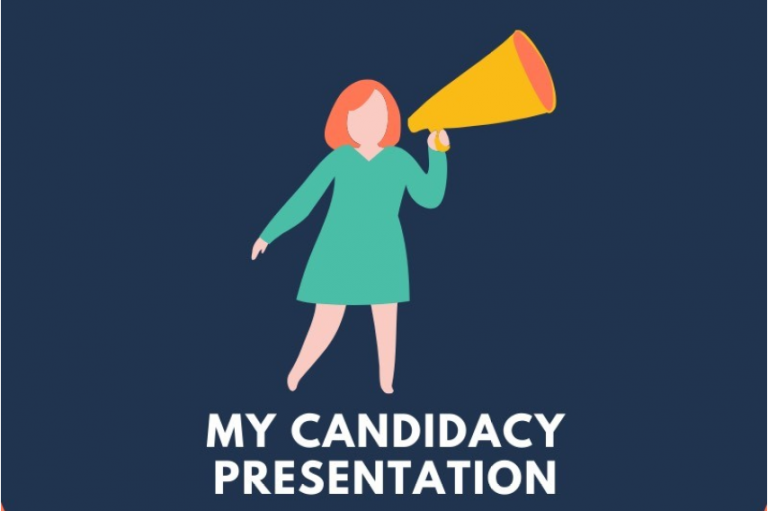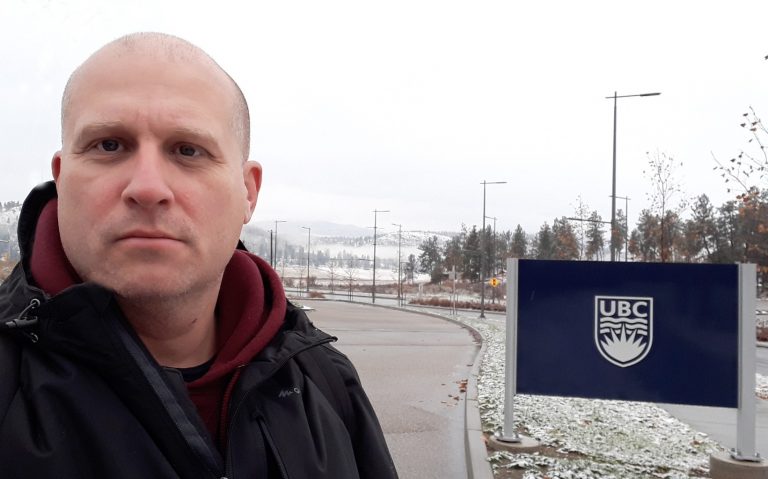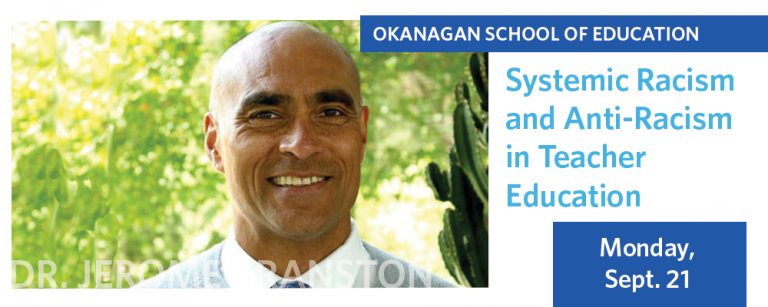
Centre for Mindful Engagement, the Equity and Inclusion Office and Karen Ragoonaden, Faculty Senior Advisor to the President’s Office present Systemic Racism and Anti-Racism in Teacher Education with Dr. Cranston
The Okanagan School of Education is pleased to announce that Dr. Jerome Cranston, Professor and Dean, Faculty of Education, University of Regina will be providing an online keynote lecture on Monday, September 21. His presentation will focus on Systemic Racism and Anti-Racism in Teacher Education. In this keynote lecture, Dr. Cranston will address how amid the current period of racial reckoning, those involved in teacher preparation, pre-service and in-service education, need to confront and (re)consider how higher education has conceptualized systemic racism.
Monday, September 21
9:30 a.m. to 10:30 a.m.
Via Zoom
The event is open to the public, UBCO staff, faculty and students. While attendance is free, you still need to register to receive the Zoom link. Current Bachelor of Education candidates do not need to register as the presentation takes place during class time and they will be emailed the link.
About the speaker
Cranston holds a Ph.D. (Manitoba), M. Ed. (Lethbridge), B.Ed After-Degree and B.Sc. (Alberta). Prior to becoming an academic he spent 16 years in the K-12 education system as a teacher, principal and superintendent in a career that spanned Canada’s “prairie” provinces. He researches and teaches as part of an interdisciplinary, international “community of inquiry” on topics that explore formal and non-formal teacher preparation and the ethical dimensions of school leadership with a particular focus on how capacity building in the education system can transform a set of seemingly random acts – like teacher hiring – into a just enterprise.
His maternal grandparents originated from tribal communities in what are now Nepal and Burma/Myanmar and who were anglicized and evangelized as part of the colonial contagion. His paternal grandfather, a travelling book-keeper with the East Indian Rail Company was killed in 1941 during a Japanese bombing of a railway station. His then widowed grandmother, a mother of five, died in 1942 of malnutrition; an outcome of the British manufactured famine in West Bengal. He accepts a distant yet unvarying connection to the trauma that echoes through their colonized histories.
